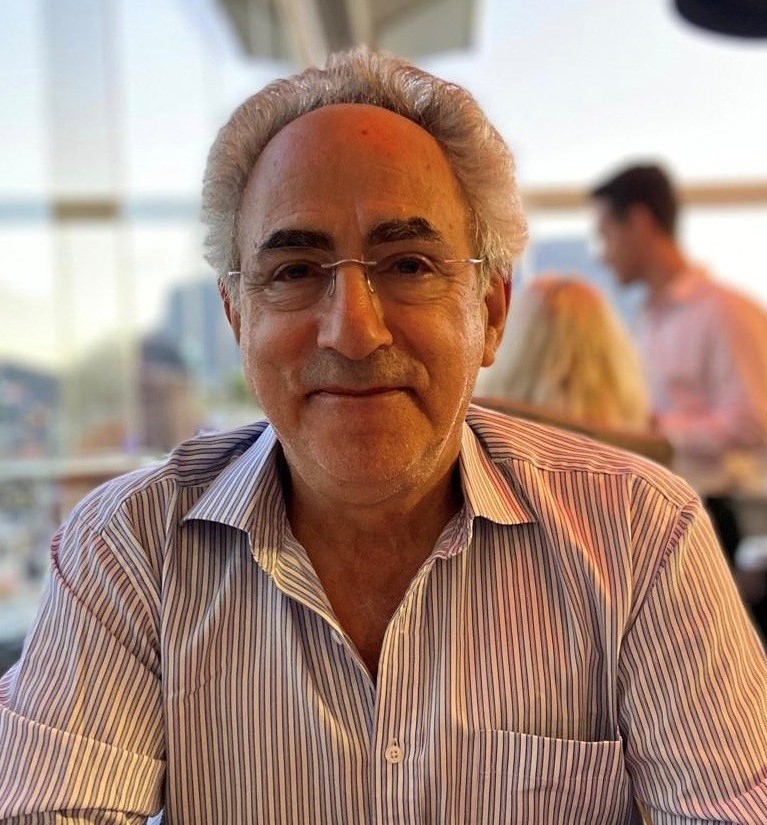Monday, January 27, 2020 | 5:30 PM EST - 7:00 PM EST
National Committee on U.S.-China Relations | David Zweig
In recent years China has been appealing to scholars who went overseas to study and remained abroad to return to China. Among its “reverse migration” policies is the Thousand Talents Plan, initiated in 2008 to encourage “strategic scientists or leading talents who can make breakthroughs in key technologies or can enhance China’s high-tech industries and emerging disciplines” to accept positions at leading Chinese universities (Recruitment Program of Global Experts). The U.S. government has taken exception to the program, claiming that it encourages economic espionage and intellectual property theft.
On January 27, 2020, the National Committee hosted a program to discuss China’s “reverse migration” efforts, presenting the Thousand Talents Plan as a case study. Dr. David Zweig, professor of political science emeritus at the Hong Kong University of Science and Technology, shared his research findings.
Here are the five key takeaways from his presentation:
- The Chinese Communist Party launched the 1000 Talents Plan (TTP) in 2008 to attract top scientists, academics, and entrepreneurs who had settled abroad.
- The United States fundamentally does not understand other countries’ sensitivity to brain drain because it does not suffer from it – in general, people want to come to, rather than leave, the United States.
- Security concerns have arisen primarily from TTP’s part-time component, which involves Chinese researchers residing in America.
- While some Chinese scholars and entrepreneurs have abused America’s open scientific environment (“there are some bad guys”), case studies do not demonstrate significant theft of technology or intellectual property.
- Securitization of the TTP by U.S. government agencies, research institutions, and media discourages scientific collaboration and threatens to accelerate U.S.-China decoupling.

David Zweig
David Zweig is professor emeritus at the Hong Kong University of Science and Technology. He lived in China for four years, first in the mid-1970’s and again in the 1980s and 1990s. He has resided in Hong Kong since 1996. In 1984-85, he was a postdoctoral fellow at Harvard University; He received his Ph.D. in political science from the University of Michigan. He is the author of four books, including Internationalizing China: Domestic Interests and Global Linkages (Cornell Univ. Press, 2002) and a new edited volume, Sino-U.S. Energy Triangles: Resource Diplomacy under Hegemony, with Hao Yufan (Routledge, 2016).
He is a regular commentator on Hong Kong politics for CNN, Reuters, BBC, Al Jazeera, Radio and Television Hong Kong (RTHK), and writes about Hong Kong politics in the South China Morning Post. He has recently given lectures on Hong Kong politics at Tsinghua University Law School, Fudan University, Shenzhen University, the National University of Defense Technology, East China Normal University, and the University of Toronto.

